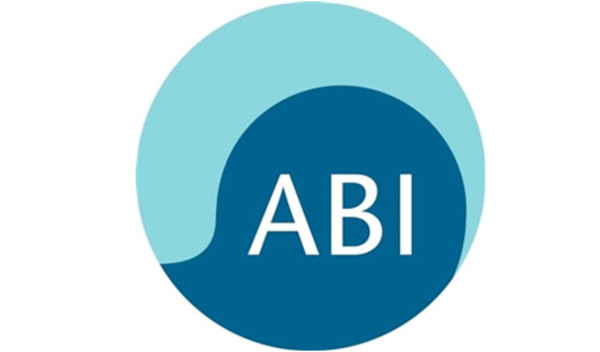

Savings to the welfare budget from individuals better protecting their income could grow to £300m each year if the government introduced measures to boost cover to the sort of levels seen in the US, a report prepared for the Association of British Insurers claims.
Currently around 11 per cent of the working population have income protection, which saves the welfare budget around £120m - and typically means individuals receive more income than they would on benefits.
Under universal credit, income protection will lead to Exchequer savings of around £110m each year.
The welfare reform report, published by the Centre for Economic and Social Inclusion for the ABI, revealed that if the UK had similar levels of income protection as the USA, 27 per cent coverage, the Exchequer would save around £300m each year.
The ABI previously told FTAdviser it was lobbying for legislative changes to boost protection cover. Speculation has focused on potential tax breaks, or automatic enrolment-style rules to encourage group protection in the workplace.
Two specific measures were suggested in the new report which would cost around £25m a year, but which the authors claim could save at least that amount if they stimulated just a 2 per cent rise in protection coverage.
The first would reform Universal Credit so that individual income protection income is ignored in calculating entitlement to in-work elements, which would cost £5m a year, while a similar change to discount group protection income in the calculation of tax credits would cost £20m.
ABI and CESI said that in both cases, the increase in Exchequer costs would be entirely offset by additional exchequer savings if it boosted protection coverage to just 13 per cent of the working population.
Helen White, head of protection and health insurance policy at the ABI, said: “The fact is that state welfare only protects the sick and disabled from absolute poverty.
“Politicians should be clearer about how much the state will support people and their families. Realistic reductions in the cost of welfare will not come from further cuts, but from lessening the reliance on the state.
“The insurance industry has a key role to play- through income protection insurance- in improving families’ financial security on loss of income, while helping to prevent the cost of state income support spiralling out of control.”
The ABI has shared the figures with government, the Treasury and the Department for Work and Pensions and will continue to use them to back up our case for an increase role of insurance in future welfare reform, Ms White said.
“We believe that partnerships between government and the insurance industry should be part of a cross party consensus to reform the welfare state in a way that costs less and delivers more,” an ABI spokesperson said.
ruth.gillbe@ft.com



